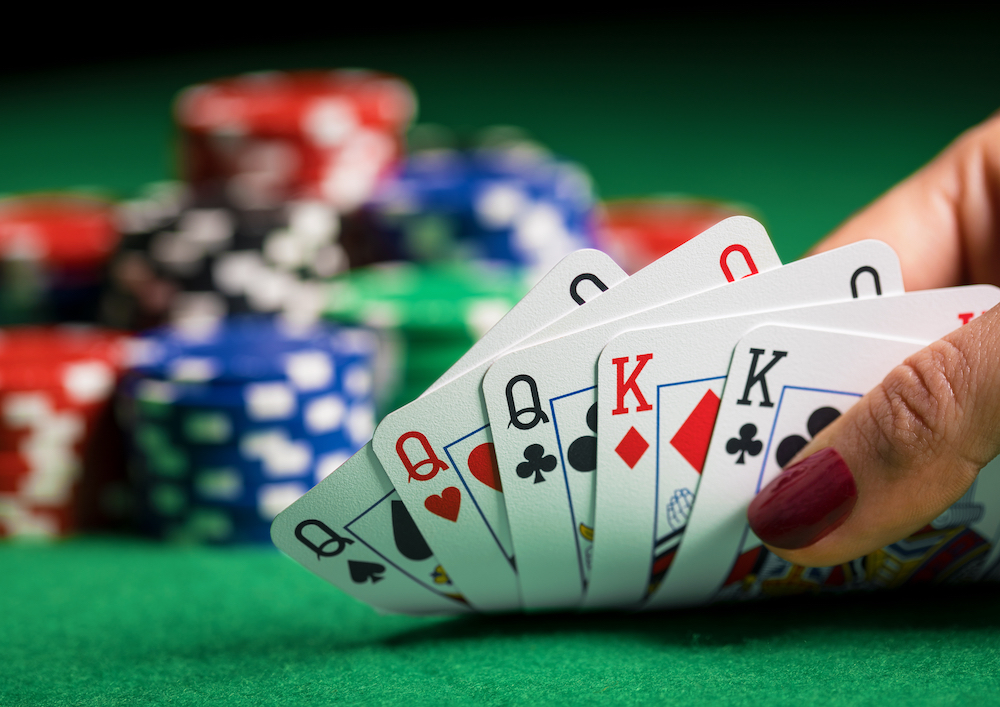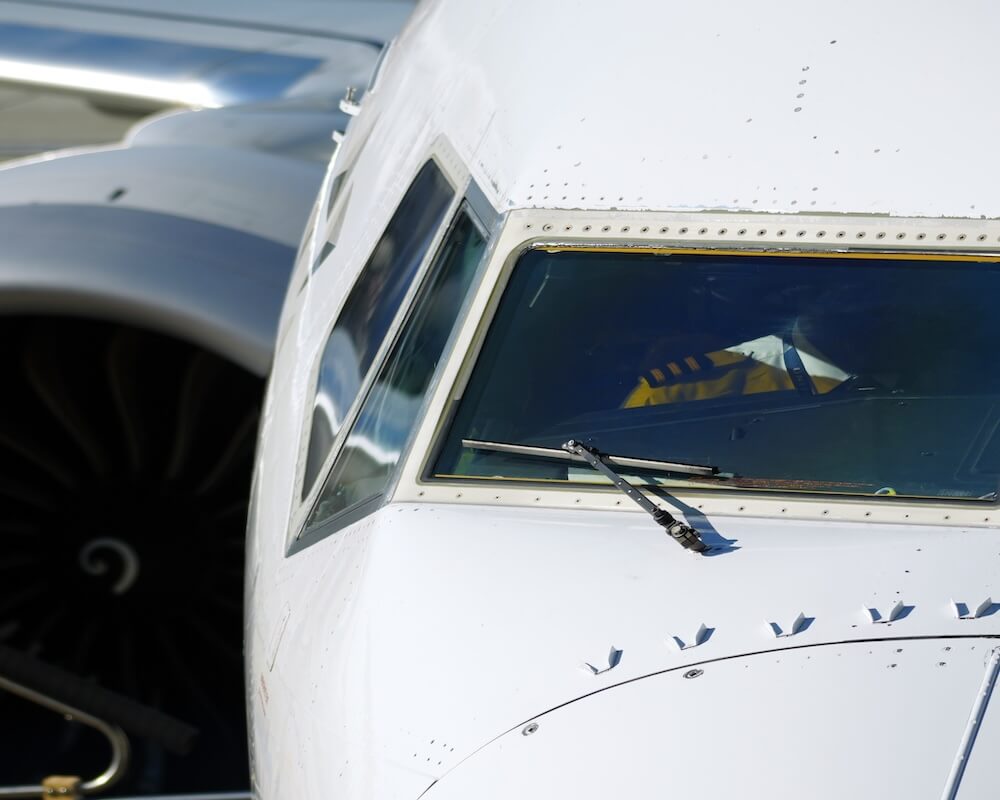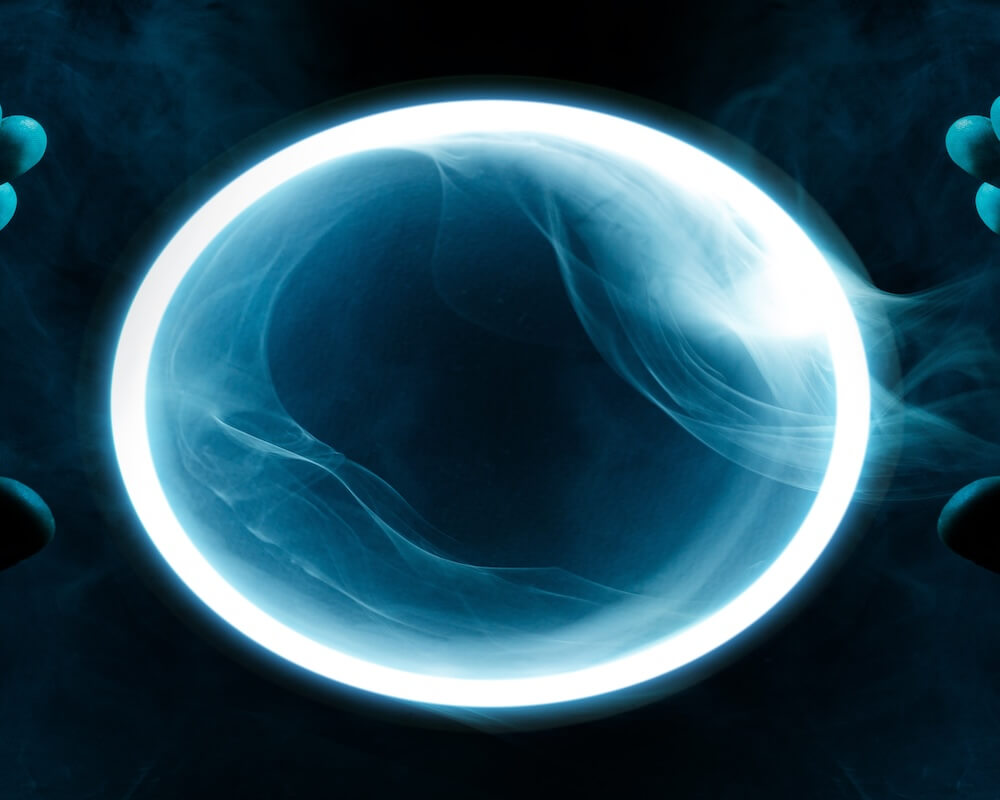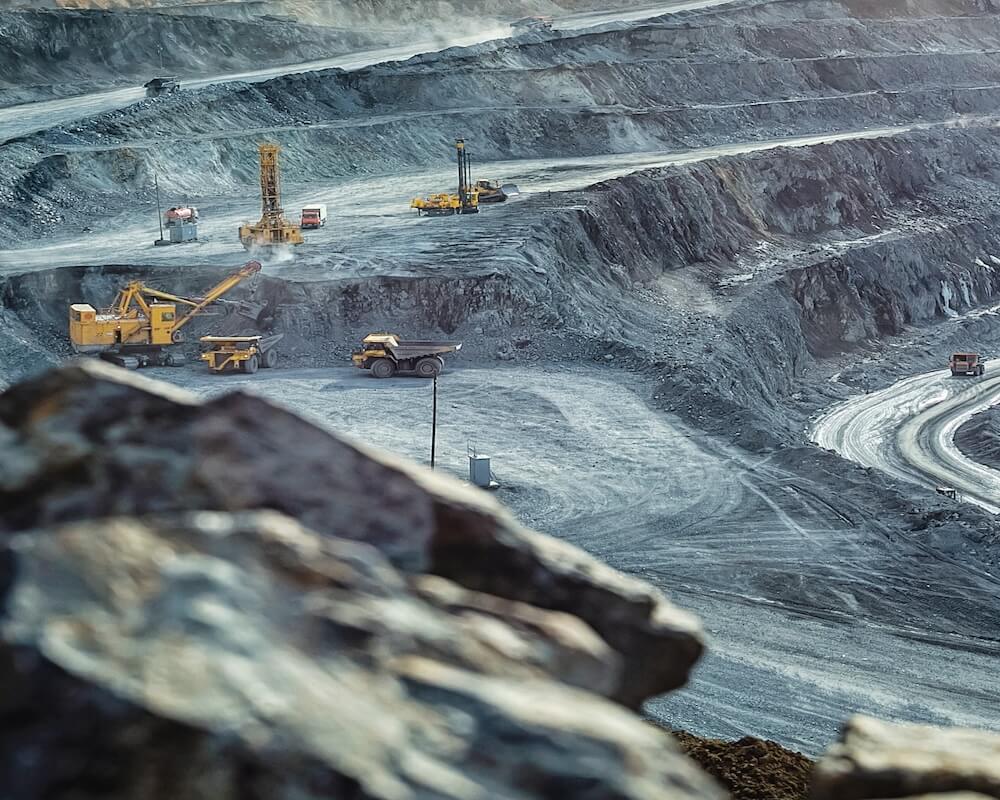
Posted October 30, 2023
By Zach Scheidt
Investment Lessons From a Poker Shark
Earlier this month, I traveled to sunny Las Vegas to speak at the Paradigm Shift Summit.
I stuck around for a few days after the conference to meet with some of my investment contacts…
And admittedly, to play a couple of rounds of poker while I was in town.
I've been a poker player for over 15 years, and I love the many correlations between poker and investing.
For both, you need a healthy understanding of math and probability. You have to manage your risk, knowing when to be aggressive and when to protect your bankroll.
It's also important to create situations where your potential returns are far greater than your potential losses.
Today I want to share an investment lesson from one of my poker sessions at Aria, a personal favorite place of mine to play.
Calling a Bet on the River
I'm going to share a poker hand with you. (Don't worry if you don't know how to play the game; the lesson should still make sense in the end.) Picture it...
You've got a pair of queens, a premium holding, in your hand. The flop is K69, the turn is a 3, and the river is a 2.
An aggressive player 3-bet your early raise to $200. You call and there's roughly $400 in the pot.
You're on the button, so you're last to act. In other words, you get to see what your opponent does before you have to decide whether or not to bet.
Your opponent checks when the flop comes out. He checks the river and you bet $150. He calls, and the pot is now roughly $500. When the river card comes out, your opponent leads out with a $150 bet.
Should you call? Here's the thought process I would go through...
First, our opponent checked the flop. If he had a king, he would have probably bet. So it's less likely he has a king.
Second, your opponent called our turn bet. That probably means he has something. Maybe a 9? He could be playing jack-nine, ten-nine, maybe ace-nine — all of which you beat.
When your opponent bets $150 on the river, you have great odds to call. If your QQ hand is the best, you will win $650 in the pot. If not, you'll lose the additional $150 to call the bet.
In other words, you'll get paid 4.33 times what you risk if you're correct. If you called a similar bet 1,000 times in your career, you'll make money if you're right more than 23% of the time.
So you could lose 75% of the time and still make money!
This last concept is critical to remember as an investor. It's an idea that most poker players call "pot odds," known in the investment world as "asymmetric risk."
Now, don’t worry if you’re a little lost. Allow me to explain how you can use this concept with your investment decisions...
Pot Odds for Investors
As investors, we should always look for scenarios where our potential profits far outweigh our potential risks.
Just like in that poker hand, we never know for sure what’s going to happen. Our opponent could have had a king, which would have beat our pocket queens.
But we do have an idea of what our potential gains and our potential losses could be.
If you're a long-term investor buying shares of stock, it's important to think about what your shares could be worth — in both a bullish and bearish scenario.
Let's take one of my favorite energy plays Coterra Energy Inc. (CTRA) and evaluate it from this perspective.
Coterra produces oil and natural gas with a heavier concentration on the natural gas side of its business. Natural gas prices pulled back this summer and now trade at a very low level.
This is certainly not good news for Coterra, because lower natural gas prices make it more difficult for the company to grow profits. This explains why shares pulled back this year.
Looking forward, I believe natural gas prices will rebound. Demand should rise as more natural gas is used to generate electricity.
And export terminals are adding capacity, opening the United States natural gas market up to international buyers. This demand should drive prices higher, helping boost shares of CTRA.
Of course, I don't have a crystal ball. And I could be totally wrong about natural gas.
So let's look at Coterra and see what potential gains (and losses) could be in store for the stock.
Earlier this year when natural gas plummeted, CTRA pulled back to roughly $23.
That level proved to be support for the stock, so we could assume a floor for CTRA around that level. So at today's price near $27.20, buying CTRA would risk about $4.20 per share.
In 2022 when natural gas was trading higher, CTRA hit a high near $36.50. If natural gas rebounds, I believe shares could trade back up to this level — and possibly much further.
Compared to today's stock price near $27.20, we could lock in profits near $9.30 if CTRA trades back to this level.
Based on those two scenarios, our potential return is twice what we expect to risk if we invest in the stock.
That gives us great pot odds. Or put a different way, we have much more potential return compared to our potential loss.
Situations like this are excellent for investors. And we should always look to set up trades with similar dynamics.
Pot Odds for Traders
If you're an active trader, rather than a long-term investor, you can still make similar calculations.
Many short-term traders set a stop loss for their position and a potential sell price if the position moves in their favor.
If the potential loss is smaller than the potential gain, you can be profitable overall even if half of your trades are not successful.
That's a tremendous advantage if you understand how to manage positions like this.
Learning different ways to use option contracts is also a great way to create better pot odds (or asymmetric risk) in your trading account.
I prefer to use in-the-money call contracts for stocks I expect to trade higher and in-the-money put contracts for stocks I expect to trade lower.
These option contracts allow you to control more shares of stock with less money invested.
They also tend to generate profits very quickly when positions move in our favor and accumulate losses more slowly when stock prices move against us.
I use this strategy in my personal trading accounts as well as in my Income Alliance trading service.
One important thing to remember with trades like this is to use smaller position sizes.
That way if a few of your trades don't turn out as planned, you still have plenty of capital left to make new trades that can help you recoup your losses.
Since markets are uncertain, you never know when a trade will move against you and generate losses.
But if you keep your positions small, those losses won't impact your long-term ability to trade. And over time, the statistical advantages you give yourself will add up.
Back to the Aria poker hand…
I wound up calling the river bet and winning the pot with my pocket queens. But even if I had lost the hand, I would have been happy with my decision-making process.
Bottom line, if you focus on the process instead of the outcome, your profits are much more likely to add up over time.

How Others’ Incompetence Costs You Big-Time
Posted January 17, 2024
By Byron King

Turning Empty Cubicles Into Houses
Posted January 15, 2024
By Zach Scheidt

"Boring AI": Overlooked Opportunity From CES 2024
Posted January 12, 2024
By Zach Scheidt

5 Must-See Predictions
Posted January 10, 2024
By James Altucher

Welcome to Earth, the Mining Planet
Posted January 08, 2024
By Byron King
